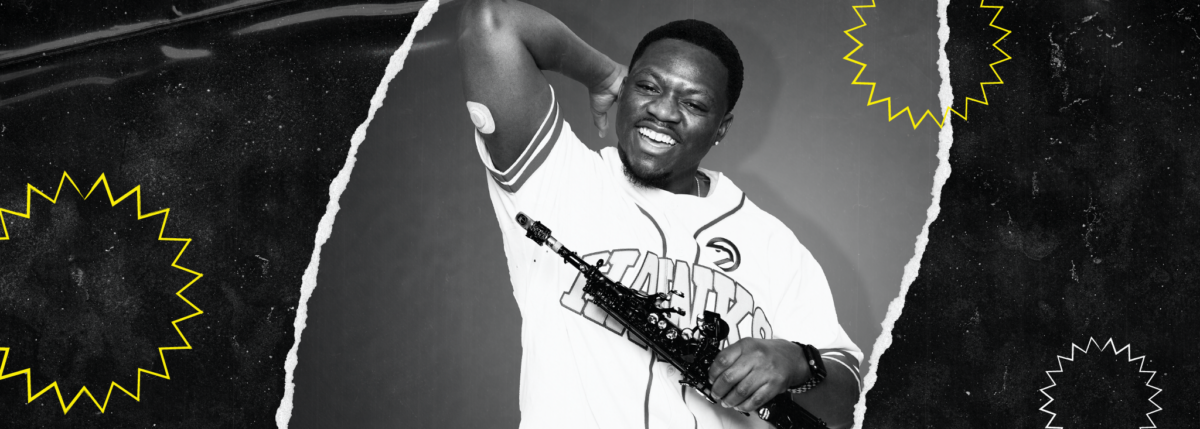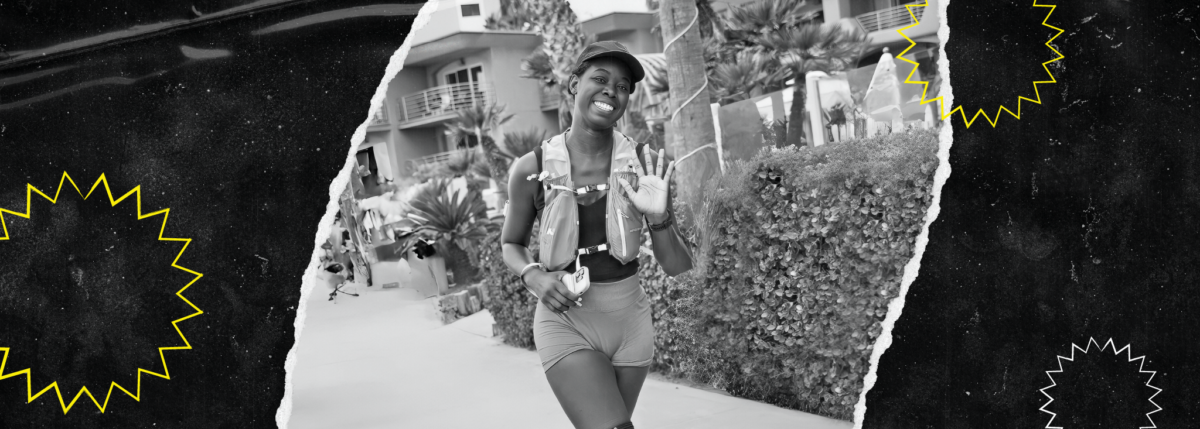I Know What’s Best for Me
Written by: Adrián Márquez
3 minute read
August 23, 2019
It's frustrating when doctors think they know what's always best for you without getting to know you, first. In the end, I know what's best for me and wish doctors respected that. However, I know how to advocate for myself and want others with Type 2 diabetes to know how, too.
For the last two years, I’ve been surrounded by doctors who are unaware of the importance of diabetes education for not only people with diabetes but health professionals themselves. Due to various circumstances, I have had a couple of surgeries, and at the hospital where they were performed, several doctors were unaware of the basics of diabetes. I was surprised when some of them didn’t know the names of the medications I use, including not understanding how they work or their possible side effects. I’m sure you can understand my concern. This is a complex issue, but sadly, some doctors have zero interest in remaining up-to-date on the latest standards of diabetes care, yet they continue to work with patients who live with it. It’s times like these where I have to do what’s best for me and be my own patient advocate.
“This is the best treatment for you”—But is it, really?
“This is the best treatment for you,” said a doctor who hardly knew me or my medical history and after I’d been assigned to a former management plan and transferred to a new, unfamiliar health center. In my country, Mexico, it is extremely frustrating when your lab results show your blood glucose remains at an average of 6.7 mmol/L120 mg/dL, an A1c of 6.1 percent, and a time-in-range of 92 percent, only to have the doctor assume your diabetes is uncontrolled because you’re taking 43 units of insulin glargine (slow-acting insulin). To make matters worse, your doctor further suggests your legs will be amputated, you’ll go blind, suffer from kidney damage and you’ll end up dying from diabetes complications because of that insulin usage.
Again, I’m sure you can understand my concern.
It’s also frustrating when your doctor reads your labs and addresses your concerns about hypoglycemia by stating the wrong threshold for hypoglycemia—2.5 mmol/L45 mg/dL. Hypoglycemia begins when blood sugar falls below 3.9 mmol/L70 mg/dL and blood sugar below 3.0 mmol/L54 mg/dL constitutes severe hypoglycemia. But still, at that moment, I feel helpless because how am I supposed to trust a medical professional with my care and ultimately, my life, if they’re not as knowledgable as they should be?
Advocating for Myself
In the end, I have to advocate for myself. If you find yourself in similar situations, you need to be your own advocate, too. Here’s how I act as my own patient advocate. I hope these tips help you as well.
- Don’t be afraid to complain. Those surveys and other opportunities to discuss your latest appointment? Use them to express your concerns about the care you received. In my experience, this has yielded good results. We are not doing anything wrong, we are only exercising our right to good medical care.
- Switch doctors. You deserve a doctor who will aim to understand you, the person, not just your disease. However, they should know the basics of diabetes and if they’re unable to help you, they should refer you to someone who can.
- Ask for a second opinion. Unsure if your doctor is giving you the treatment you need? According to the patients’ rights, it is written that we have the right to a second, third and fourth opinion if necessary.
- Ask for clarity. Don’t be afraid to ask for clarity from your doctor. You need to know exactly what your diabetes plan entails and as much information about the medication you’re taking as possible. If your doctor can’t answer your questions, ask them to refer you to someone who can.
- Consider Yourself as an Equal. You are the expert on your body, therefore, you are equal in the partnership between you and your doctor. When you find a doctor, even one who fully understands you, set your expectations on the type of care you need.
I hope you never find yourself in the care of a negligent doctor, but in case you find yourself in an unfavorable situation, hopefully, my tips will help you.

Author
Adrián Márquez
My name is Adrián Márquez, I am 44 years old, next September 20th is my 8th diaversary. I am currently studying for the Diploma of Diabetes Education Facilitator given by the Mexican Diabetes Federation. My social networks: Facebook amarquez.75 Twitter: @admag75 Instagram: @admag75
Related Resources

Antoine Gibson is no stranger to overcoming challenges. As a saxophonist and marathon runner living...
Read more

Danica Collins not only prepared for one of the most challenging physical events of her...
Read more

Beyond Type 1 is spotlighting inspiring athletes with type 1 diabetes as they prepare for...
Read more

